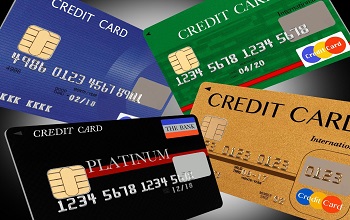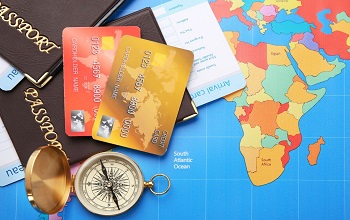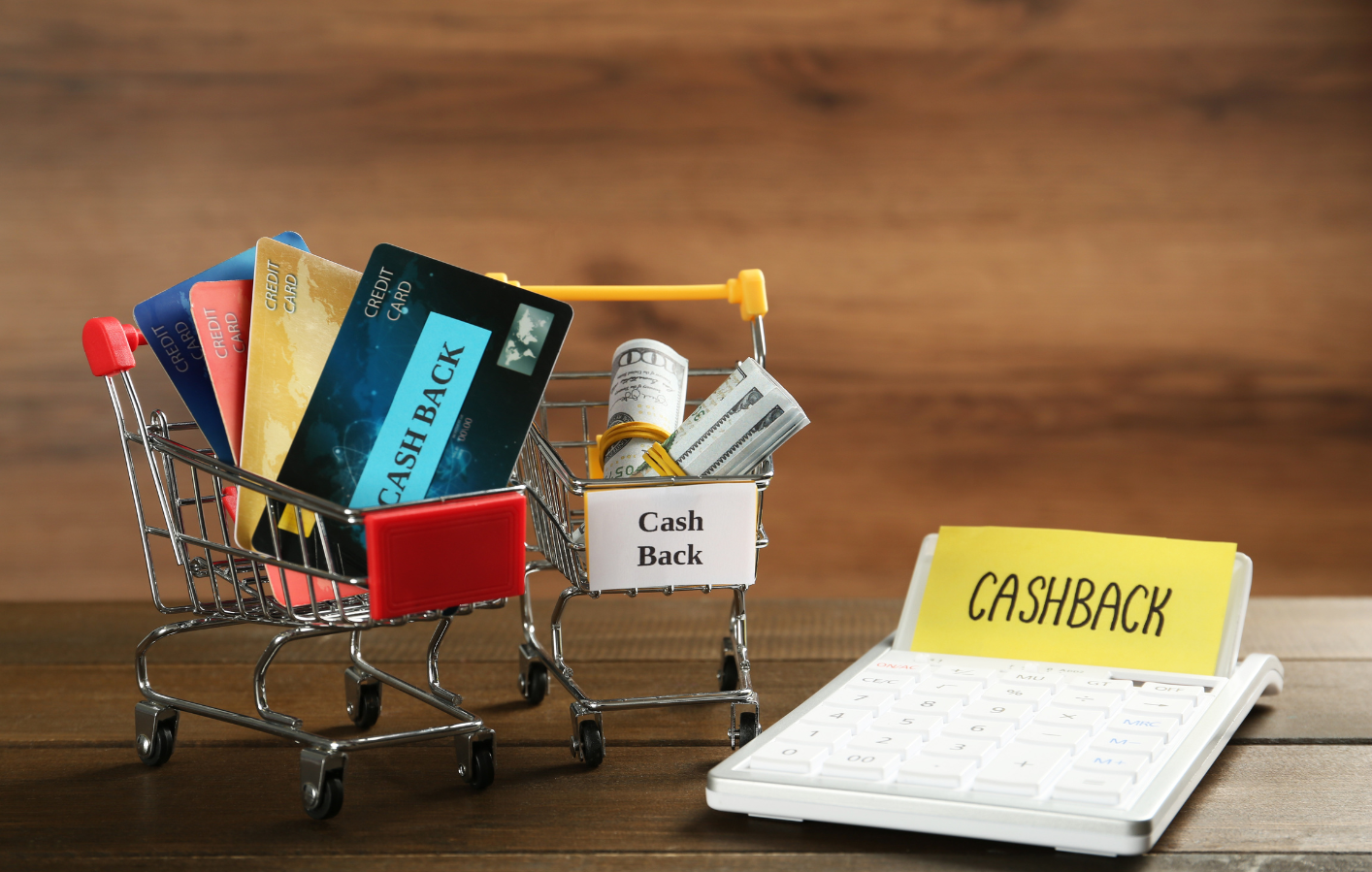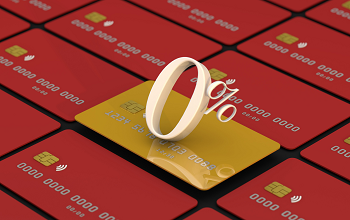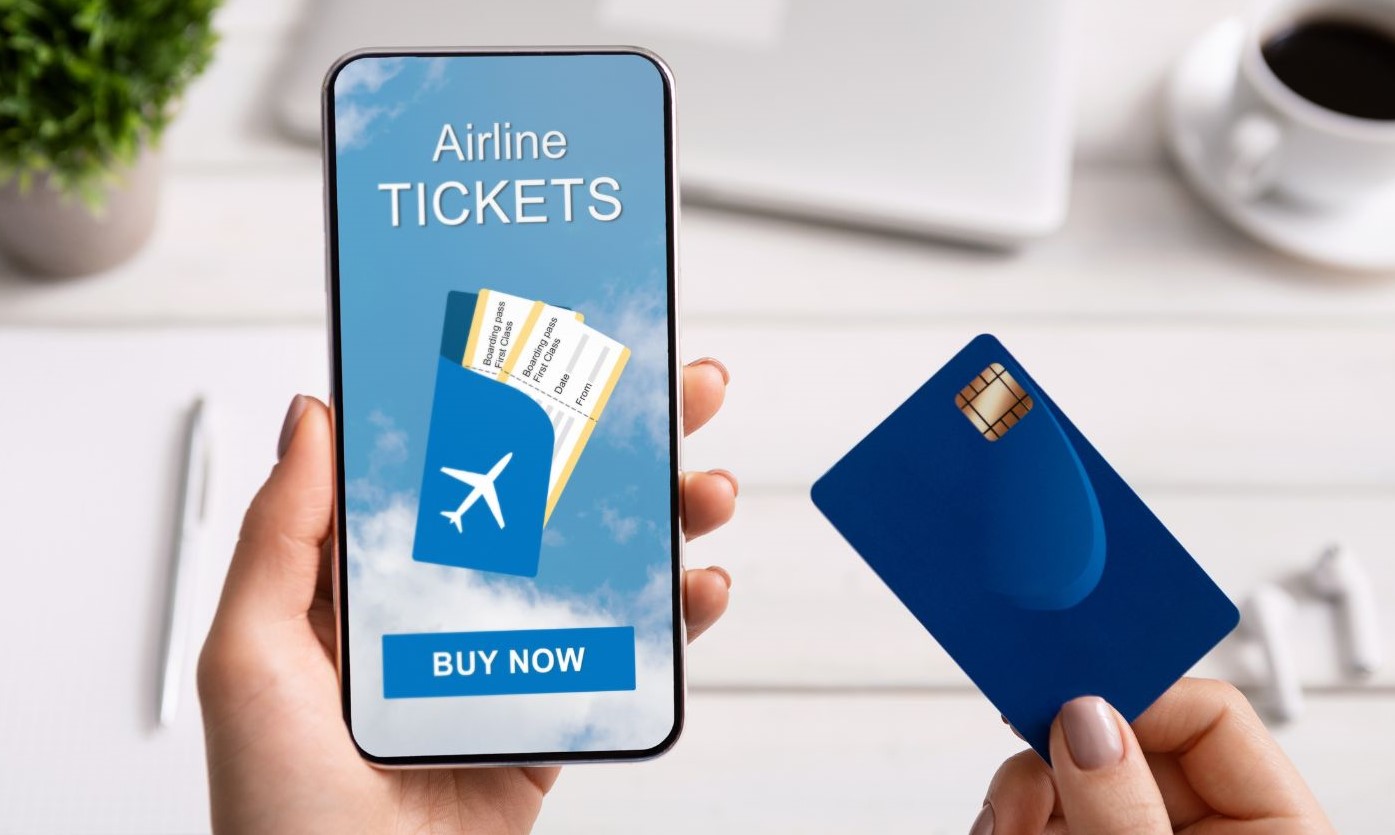Credit Cards
Use a credit card to increase your financial flexibility.
Swipe, spend, and enjoy the perks with a credit card
Credit cards are like magic money cards. They let you buy things even if you don’t have the cash right now. Later, you promise to pay the money back. Some cards give you bonuses, like free stuff or money back when you use them. But you have to be careful.
If you spend too much and don’t pay it back, you could get into trouble with a lot of debt. It’s important to understand how credit cards work and pay attention to the rules so you can use them wisely.
How Do I Apply for A Credit Card?
Step:#1
Find Out About Cards:
- Look at different cards to see which one you like. Think about things like rewards, fees, and interest rates.
Step:#2
Check Your Credit Score:
- See how good your credit score is. Some cards need a certain score for you to get them.
Step:#3
Pick a Card:
- Choose the card you want. You can do this on the internet or by looking at paper forms.
Step:#4
Get Your Info Ready:
- Get all your information together, like your name, where you live, how much money you make, and your Social Security number.
Step:#5
Fill Out the Form:
- Write down all your information on the application form. Make sure everything is correct.
Step:#6
Send It In:
- After you finish the form, send it to the company. You can do this online or by mail.
Step:#7
Wait for an Answer:
- The company will look at your form and decide if you can get the card. This might take some time.
Step:#8
Hear Back from the Company:
- They’ll let you know if you can get the card or not. If they say yes, you’ll get the card in the mail soon.
Step:#9
Start Using Your Card:
- Once you have the card, you can start using it to buy things. Remember to pay your bill on time!
How Does Credit Card Works?
Issuance:
Credit cards are issued by banks or credit unions to individuals or businesses.
Credit Line:
Each card has a credit limit, which is the maximum amount the cardholder can borrow.
Transactions:
When the cardholder makes a purchase, the issuer pays the merchant on their behalf.
Billing Cycle:
Cardholders receive a monthly statement showing their transactions and amount owed.
Payment Options:
They can pay the full balance or make a minimum payment by the due date.
Interest:
Interest is charged if the balance isn’t paid in full by the grace period.
Grace Period:
Some cards offer a period with no interest if the balance is paid in full by the due date.
Fees:
Cards may have fees like annual fees, late payment fees, and others.
Credit Score Impact:
Responsible usage can boost the credit score.
Rewards and Benefits:
Many cards offer rewards and perks like cashback and purchase protection.
Frequently Asked Questions About Credit Card:
What happens if I miss a credit card payment?
If you forget to pay your credit card bill on time, you may incur late fees, higher interest rates (APR), and damage to your credit report. Making the bare minimum payment on time is essential to avoiding severe repercussions.
What fees are associated with credit cards?
Annual fees, late payment costs, over-limit fees, foreign transaction fees, and cash advance fees are examples of common credit card fees. To comprehend the costs linked with a credit card, it is necessary to go over the terms and conditions of the card.
How do I apply for a credit card?
Generally, you can apply for a credit card via mail, online, or in person at a bank location. During the application process, you will typically be asked for personal details such your name, Social Security number, residence, and income.

